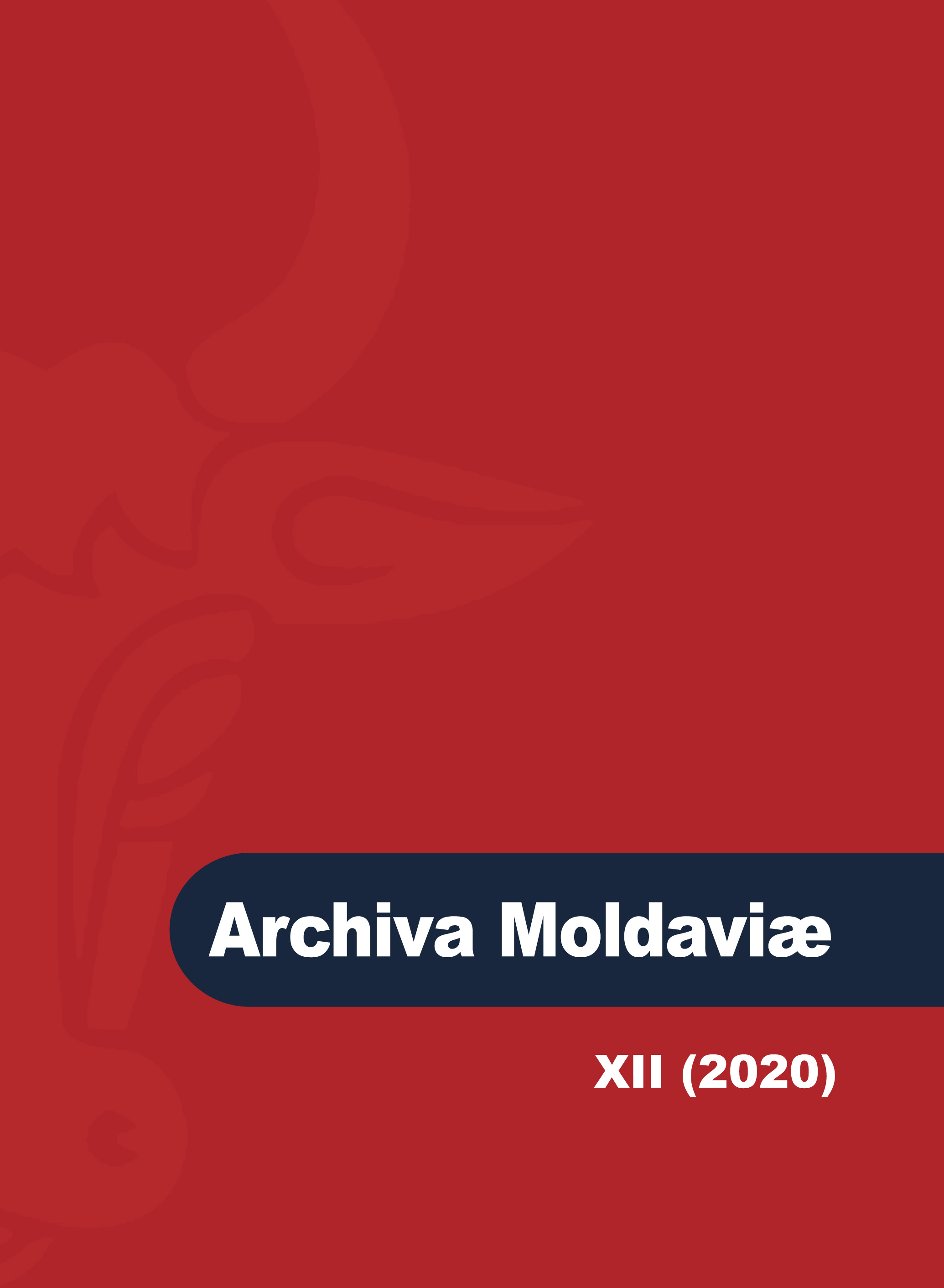The Romanian Ethnogenesis in Polish Historiography
The Romanian Ethnogenesis in Polish Historiography
Author(s): Florin Curta Subject(s): History, Ethnohistory, Special Historiographies:
Published by: Societatea de Studii Istorice din România
Keywords: Romanian ethnogenesis; Polish historiography; Ilona Czamańska; Slavic history; Vlach communities;
Summary/Abstract: Despite the growing popularity of Romania and things Romanian among Poles, there is still much misunderstanding about Romanian history. To be sure, there is more evidence of Poles moving to Romania (like Michał Wasiucionek, a young historian working in Bucharest) than there is of Romanians moving to Poland. The interest in Romanian historiography may well be illustrated by the translation of Lucian Boia’s works and Polish-Romanian relations are duly acknowledged (and celebrated) at the Polish Days organized annually in Suceava with the participation of many Polish scholars. However, the Romanian Middle Ages, particularly the early period, are largely unknown to the average Pole. Ilona Czamańska, a professor of History and Balkan Studies in Poznań, has probably done more than anyone to change that. In the process, however, she also reproduced a number of errors and stereotypes about Romanians and Vlachs, as well as about the Romanian ethnogenesis. The article attempts to explain the conspicuous lack of familiarity with the Romanian historiographic and archaeological literature and suggests that Czamańska’s views are largely based on a migrationist approach to early medieval ethnogeneses. That approach still dominates the Polish histo-riography of the Slavic ethnogenesis (and the presence of the early Slavs in Poland). It is that approach that inspired Czamańska’s views on Vlachs and the alleged migration of the Romanians into the land of their ancestors.
Journal: Archiva Moldaviae
- Issue Year: XII/2020
- Issue No: XII
- Page Range: 275-289
- Page Count: 14
- Language: English

